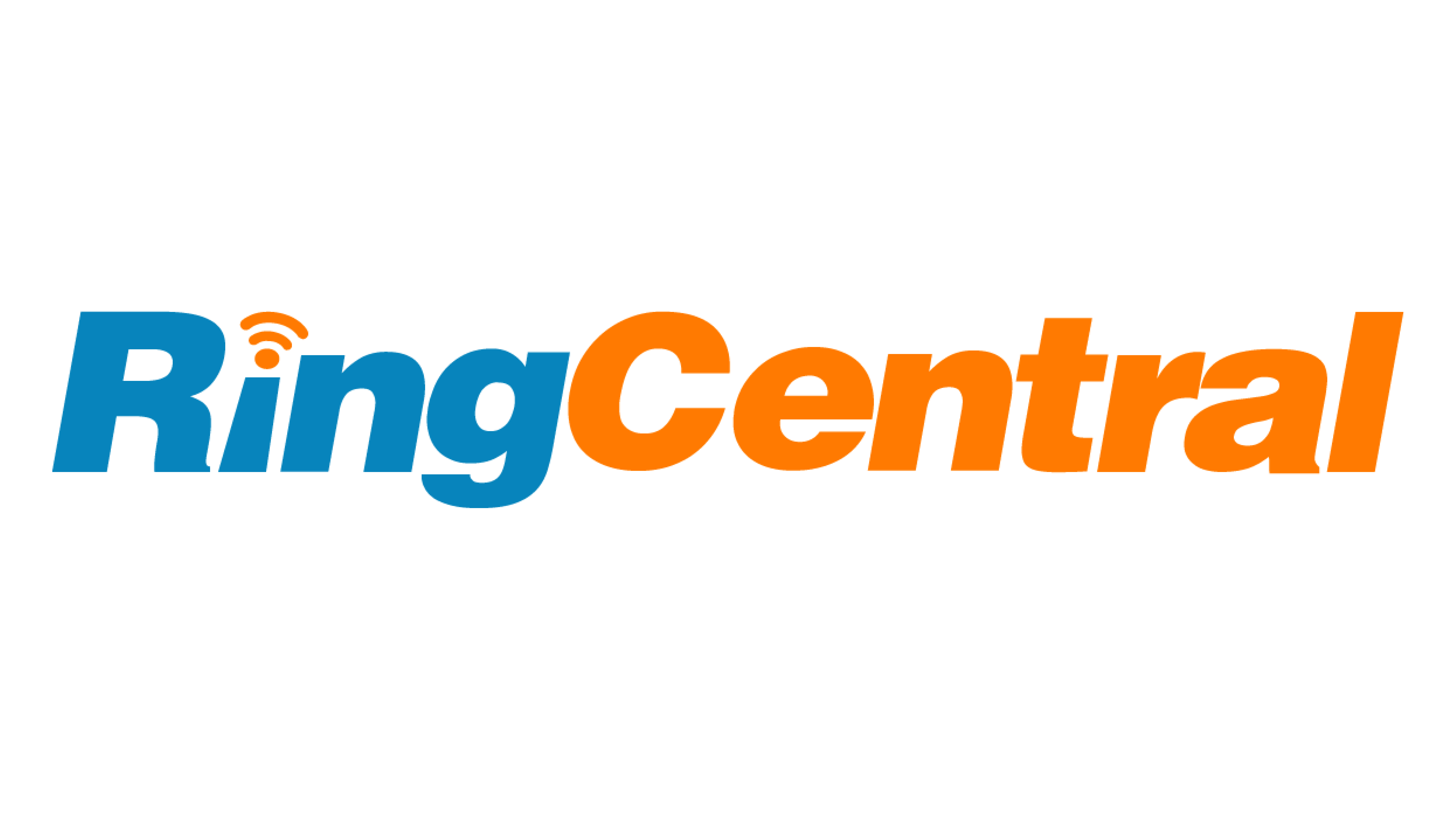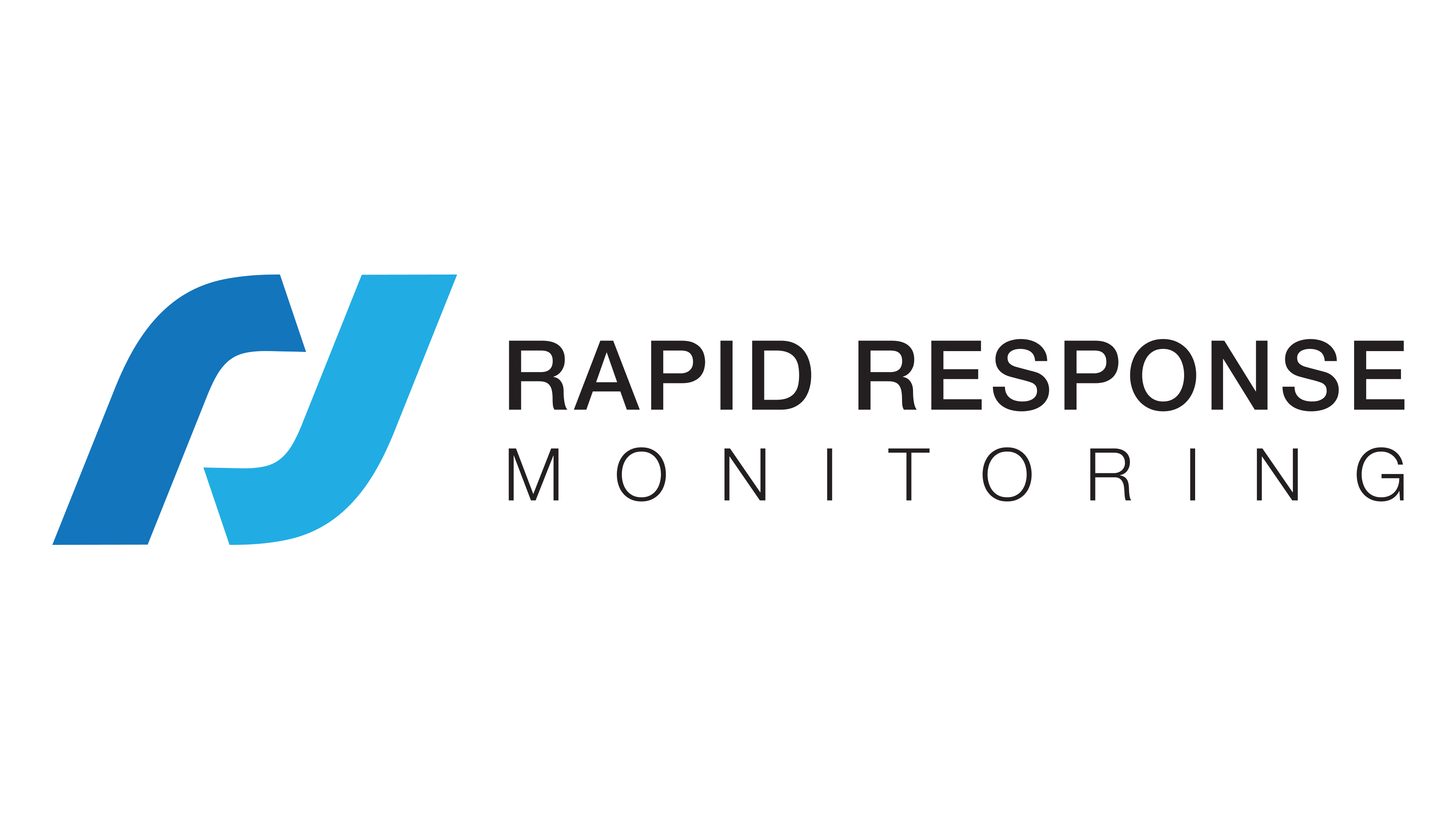Visit FieldHub at ISC West — Booth 31093
Schedule a 1:1Success Stories

FieldHub, a leading provider of integrated business management software for the security and fire installation industry, is proud to announce that Habitec Security has officially gone live on the FieldHub platform.
Habitec’s transition to FieldHub marks a significant milestone, as it represents FieldHub’s first major scripted migration from the DICE accounting platform.
John Smythe, President of Habitec Security, shared his thoughts on the company’s decision to adopt FieldHub:
We chose FieldHub because it offered smarter, more streamlined ways to work—clearly built with our industry in mind. While I initially had concerns about the complexity of migrating from our previous platform, FieldHub absolutely wowed us. The migration was seamless, the support was exceptional, and the end result is a modern platform that positions us for scalable, efficient growth.
FieldHub is excited to welcome Habitec to its rapidly growing portfolio of security industry leaders.
Miles Fawcett, Founder and CEO of FieldHub, stated:
FieldHub was built to support the most forward-thinking companies in the security industry, and Habitec is a perfect example of that. Their trust in our platform is a testament to the strength of our technology and our shared commitment to innovation.
With this partnership, Habitec joins a growing list of industry leaders using FieldHub’s powerful ERP and accounting platform to streamline operations, increase efficiency, and drive sustainable growth. As the security industry continues to evolve, FieldHub remains committed to delivering innovative solutions that empower companies like Habitec to operate with precision and scale with confidence.
Headquartered in Toledo, Ohio, and with a strong presence across Ohio and Michigan, Habitec Security provides high-quality security system installation services, along with central station monitoring. With over 50 years of success in the industry, Habitec has earned numerous accolades for its consistent excellence as a leading security integrator.
FieldHub offers an all-in-one, cloud-based platform built specifically for security system installation professionals. This comprehensive Software-as-a-Service (SaaS) solution streamlines lead and proposal management, project coordination, field service operations, and inventory tracking. FieldHub also automates recurring billing and revenue recognition for recurring or deferred revenue—while providing a complete accounting system. For more information, visit fieldhub.com.

Bring Zoom call activity into your operational workflow.
Calls and virtual conversations play an important role in how field service and security integration teams coordinate work. But when those conversations stay inside Zoom, critical context can be lost once the call ends.
FieldHub’s Zoom integration connects call activity directly to FieldHub, making it easier to reference conversations, maintain accurate customer records, and keep teams aligned—without adding manual steps.

Bring call activity into your field service and security operations.
Phone calls are still central to how field service and security integration teams work. But when calls live only inside a phone system, important context is often lost—especially during handoffs, follow-ups, and scheduling changes.
FieldHub’s RingCentral integration connects phone communication directly to FieldHub, so call activity is visible alongside the customer records and workflows your team already uses.

FieldHub, the all-in-one, cloud platform for security and field service businesses, and Rapid Response Monitoring, the industry’s leading provider of professional In-Facility Monitoring, are pleased to announce a new integration that streamlines the creation and ongoing management of monitored subscriber accounts—right from within FieldHub. The integration helps dealers reduce double entry, accelerate job closeouts, and keep service quality tight across the full lead-to-invoice lifecycle.
With FieldHub’s Systems Management capabilities, dealers can perform central-station actions without leaving the platform—including creating central station accounts from account/site details, placing systems on and off test, and activating/deactivating systems—so field operations, billing, and account records stay in sync.